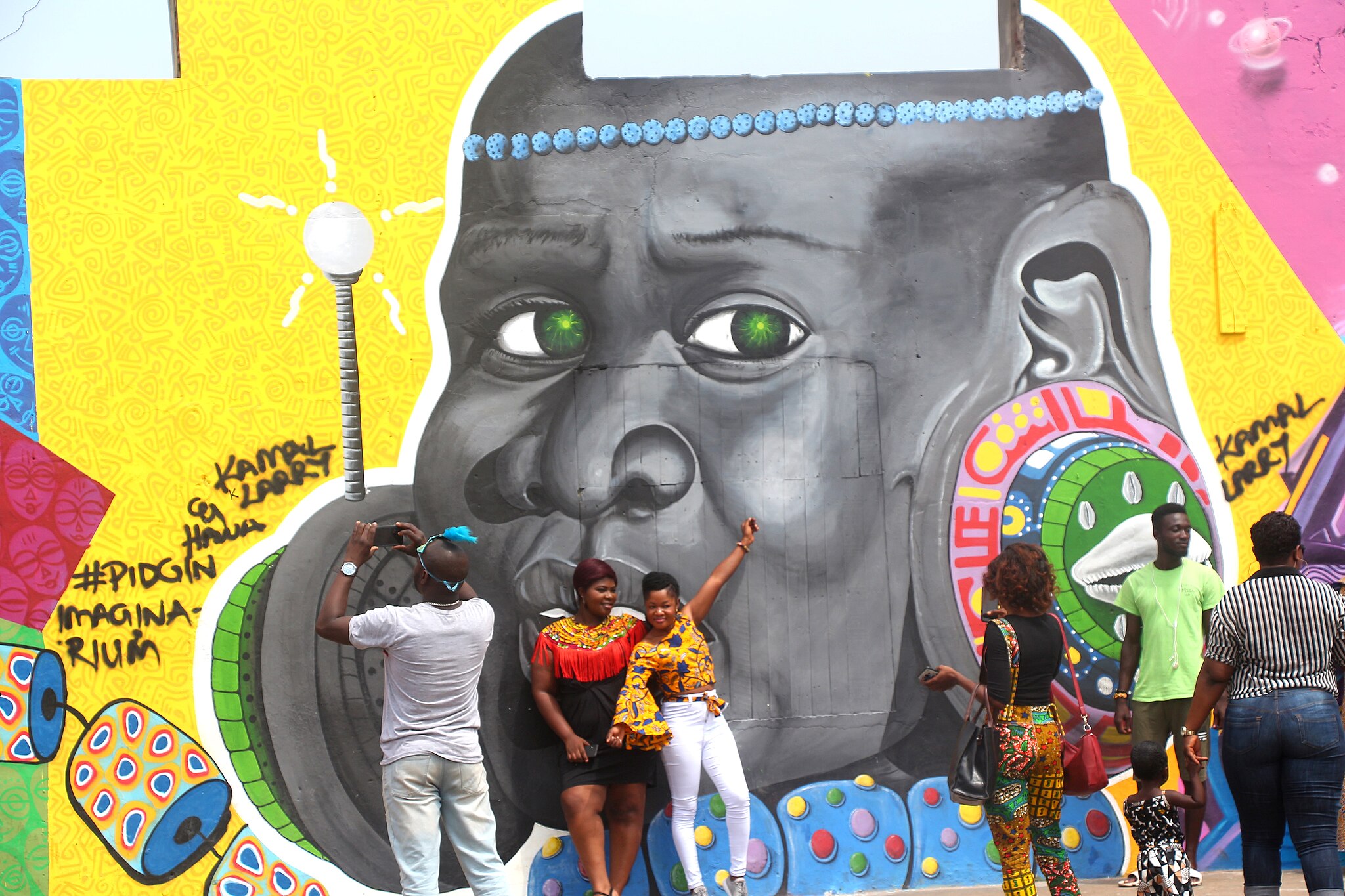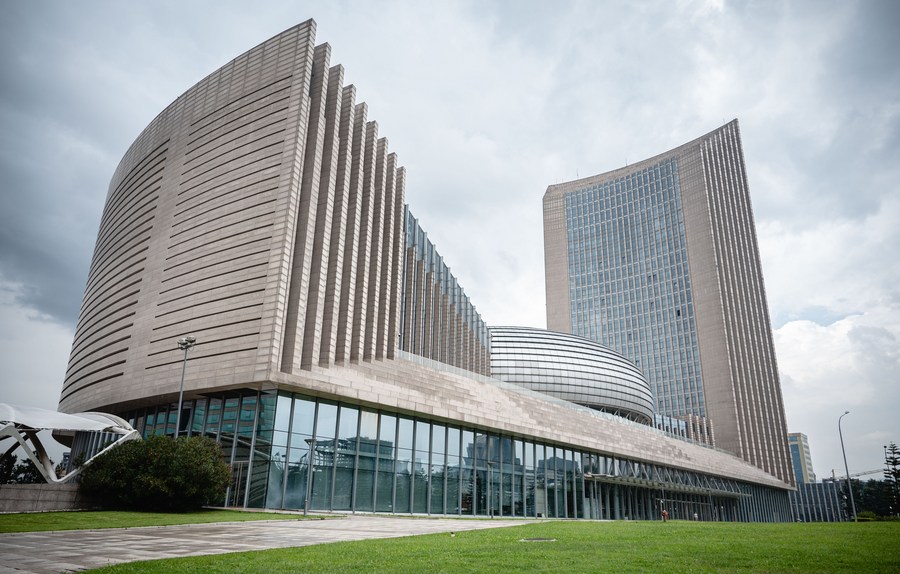
The Elite Africa Project is a global network of scholars working to shift how Africa and its elites are understood.
Search the DatabaseFeatured Posts

Elite Africa Roundup - 26 August 2025
Understanding the war in Sudan, street art celebrated in Ghana
Domains of Elite Power
The Elite Africa Project
is a Canadian-based global network of scholars working to challenge predominant understandings of Africa and its elites.
Both in academia and in wider public discourse, African elites have either been ignored or depicted as grasping and self-interested. This framing perpetuates negative depictions of the continent and its peoples and draws on a simplistic understanding of what power is and how it is wielded. Our work aims to counter these perceptions by initiating global conversations about “who leads” in Africa and how they do so.
We seek to disrupt and renew both academic and public discussions of African leadership, refocusing attention on a wider, qualitatively different set of elites from those that have predominated in the past (such as the parasitic “Big Men” of neo-patrimonial politics).

This project focuses on Africa’s elites, defined as those who operate at the highest level across a range of domains, wield significant power, and possess expert knowledge, skills, and personal strengths that are deployed in strategic, creative, and generative ways. While elites are those who possess the most consequential and powerful agenda-setting and decision-making capacity, Africa’s elites have either been sidelined in many of our analyses or rendered monotonal. When we switch frames to consider the continent as embodying and projecting new, generative forms of power, it changes our view of Africa. It may also change how we understand power itself.
We look at six domains of elite power, from the political to the aesthetic, and ask how we might shift how we think about and study Africa, and how this shift would impact our conceptualization of power and its exercise. Our goal is to contribute to popular conversations about Africa and to highlight the achievements of the astonishing new generation of leaders for a broader public audience.
This website will serve as a hub for collaborative activity by scholars, activists, and practitioners working on Elite Africa and house a searchable database of primary and secondary materials on African elites.
The Elite Africa Project
is a Canadian-based global network of scholars working to challenge predominant understandings of Africa and its elites.
Both in academia and in wider public discourse, African elites have either been ignored or depicted as grasping and self-interested. This framing perpetuates negative depictions of the continent and its peoples and draws on a simplistic understanding of what power is and how it is wielded. Our work aims to counter these perceptions by initiating global conversations about “who leads” in Africa and how they do so.
We seek to disrupt and renew both academic and public discussions of African leadership, refocusing attention on a wider, qualitatively different set of elites from those that have predominated in the past (such as the parasitic “Big Men” of neo-patrimonial politics).


This project focuses on Africa’s elites — those who operate at the highest level across a range of domains, wield significant power, and possess expert knowledge, skills, and personal strengths that are deployed in strategic, creative, and generative ways. When we switch frames to consider the continent as embodying and projecting new, generative forms of power, it changes our view of Africa. It may also change how we understand power itself.
This website is the hub for collaborative activity by scholars, activists, and practitioners working on Elite Africa and will house a searchable database of primary and secondary materials on African elites.
Get the latest news and events
Our distinctive typeface, Format-1452, was designed by Frank Adebiaye, a French-Beninese type designer and founder of the experimental Velvetyne Type Foundry.



















